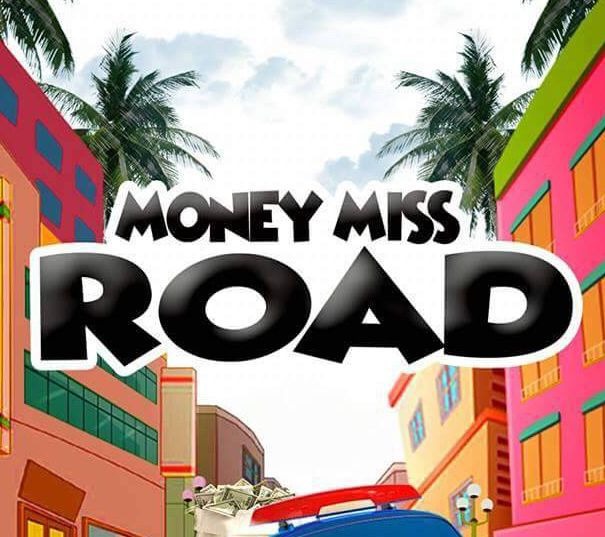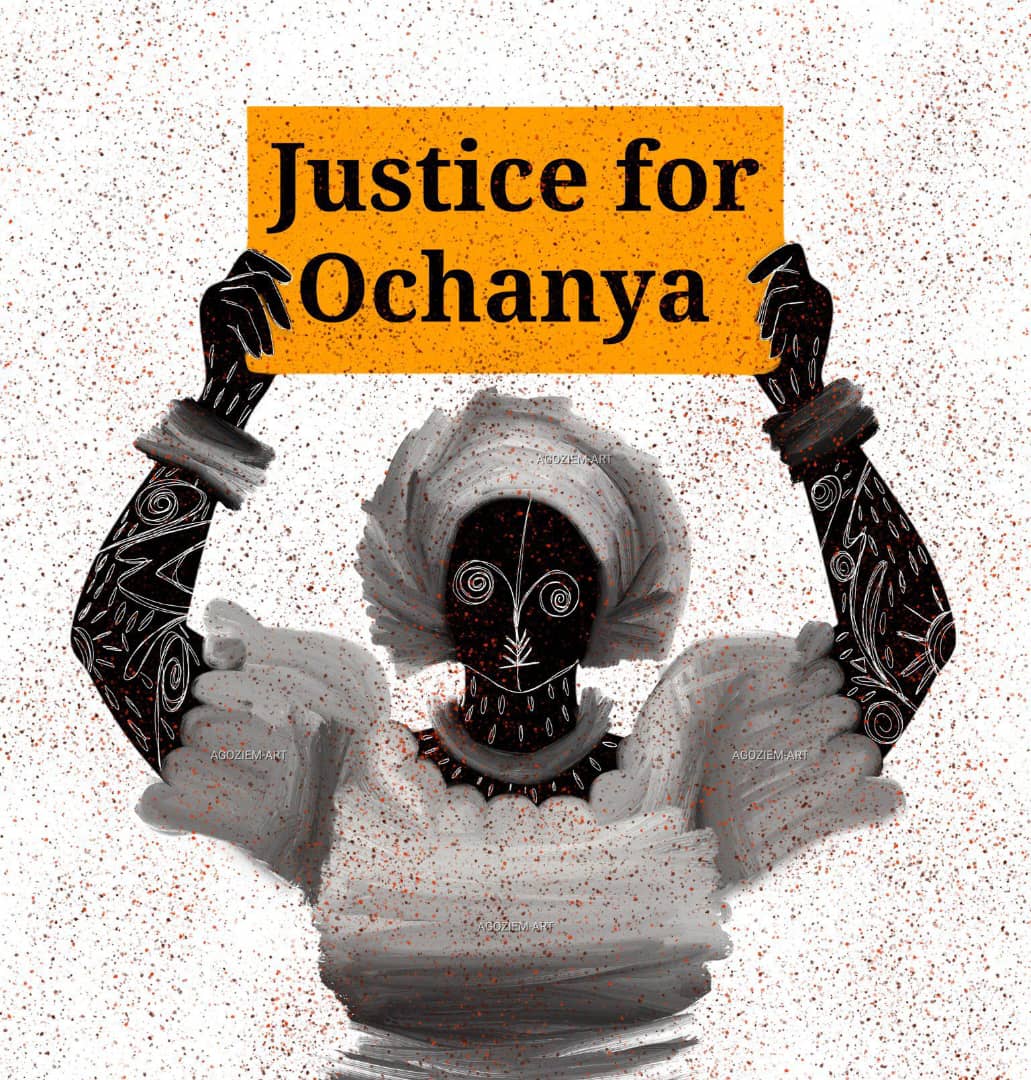Are Youths Really the Leaders of Tomorrow?
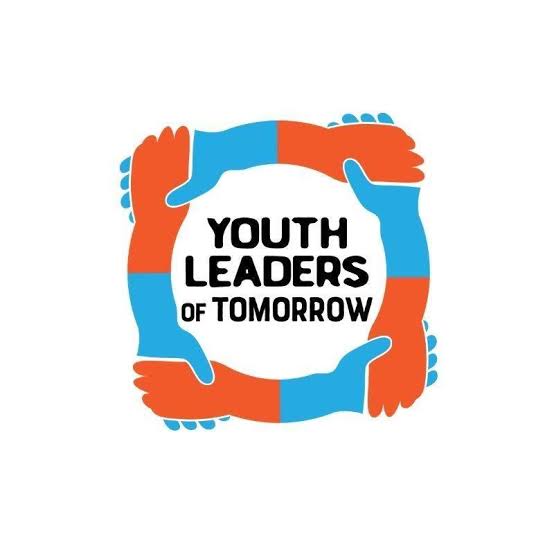
From time immemorial, since the day I was a kid up until now, They told and are still telling us, that we’re the leaders of tomorrow.
Yes the youth, the future of the nation
But somewhere between yesterday’s promises and today’s headlines, it seems tomorrow has been postponed indefinitely. Maybe the calendar that holds Africa’s “tomorrow” got lost in the archives of some dusty old office, because the same faces from decades ago are still the ones calling the shots and are still in power.
Sometimes I imagine tomorrow as an exhausted youth still trying to make sense of their country, while old politicians speed past in their convoys. We keep waving banners of hope, chanting about change, but the microphone is still in the hands of those who’ve been singing the same national anthem since independence.
Don’t get me wrong, we’ve heard every motivational speech in the book. “The youth are the future,” they say, right before they appoint another 75-year-old as Minister of Youth and Sports. Maybe the logic is that wisdom comes with wrinkles, or that leadership is a pension plan that never expires. Because clearly, in Africa, power doesn’t retire, it regenerates.
So, are the youth really the leaders of tomorrow, or are we just side characters in a political film where the script never changes?
The Tomorrow That Never Comes
Let’s face it: in Africa, tomorrow is a word politicians use like a lullaby to keep the young asleep while they extend their stay in power. Some of these leaders have ruled longer than the average lifespan of their citizens.
Look around: Uganda’s Yoweri Museveni has been in power since 1986; Cameroon’s Paul Biya since 1982; Equatorial Guinea’s Teodoro Obiang Nguema since 1979. The list reads like a Guinness World Record for political immortality. And even in countries where new faces emerge, the ideologies are so ancient you’d think they were drafted on parchment.
In Nigeria, the slogan “leaders of tomorrow” has become a national joke. Children who sang it in school in the 1980s are now grandparents, still waiting for that tomorrow. What’s worse, their own children are being told the same line. At this point, “leaders of tomorrow” is less of a prophecy and more of a curse of eternal waiting.
Meanwhile, the youth, vibrant, creative, restless, are often sidelined from governance. Instead of being trusted with decision-making, they are given entertainment roles, campaign rallies, or “youth empowerment programs” that distribute wheelbarrows, sewing machines, or sometimes, pure water sachets. In return, they are expected to shout slogans of gratitude.
It’s not that the youth lack capability. It seems like the system was designed or is being conditioned never to let them in. And when a young person dares to challenge the status quo, they are labeled as “too ambitious,” “disrespectful,” or the same popular word we hear every time “not experienced enough” and funny how some youth still believe this. But how do you gain experience in leadership when the same elders refuse to leave the seat?
The Tokenism of Youth Inclusion
Africa has perfected the art of symbolic progress. We hold youth summits, launch youth funds, and organize endless workshops on leadership development. Yet, when real positions open up, the chosen ones are always old enough to have attended school with the founding fathers and when eventually a young person gets a position, it is through the lens of nepotism, tribalism and connections.
You see, youth inclusion in African politics often feels like being invited to dinner, only to realize you’re not allowed to eat. You’re there for the pictures, the diversity, and the optics. A sprinkle of young blood to make the system look less ancient.
They tell you, We’re giving the youth a voice, Then they hand you a microphone that’s not connected. And when you try to speak louder, they cut the power supply.
It’s a classic charade, “youth empowerment” in speeches, disempowerment in practice. The same people who describe young Nigerians as “lazy” expect them to innovate their way out of poverty without support. The irony is thick enough to cut with a knife.
Even the media reinforces this imbalance. The archetype of leadership remains male, gray-haired, and authoritative. Meanwhile, the youth, especially young women, are cast as “future potentials,” never as current decision-makers.
It’s not just hypocrisy; it’s control. Because if the youth ever took full charge, the status quo would shatter. And that’s what the old guard fears most, irrelevance.
Power as a Family Business
In many African nations, politics isn’t a calling, it’s an inheritance. Power is passed down like family property, often guarded by bloodlines and backroom deals.
We’ve seen it repeatedly: political godfathers installing their sons, nephews, and protégés into power, ensuring the dynasty lives on. It’s not governance, it’s a monarchy dressed in democracy’s clothing.
You’ll hear of leaders who have attempted to amend constitutions to extend their terms, sponsor electoral violence, or manipulate institutions to maintain control.
I sometimes think that in Africa, leadership positions should come with a disclaimer: “For lifetime use only. Non-transferable except to old men.”
But beneath the humor lies a tragedy, talented, visionary young Africans, full of ideas and courage, watch from the sidelines while those who failed yesterday are still tasked with fixing tomorrow.
And it’s not just politics. This power-hoarding culture trickles into every system, from business to academia to religion. Elders cling to positions until innovation suffocates. They hoard influence, fearing that empowering the young will render them obsolete.
Yet, what they don’t realize is that every time they refuse to let go, they rob their nations of renewal.
So what do the youth do? Fight or flee?
In a continent where unemployment soars, inflation bites, and job security is a myth, many young people have surrendered to survival. They migrate, mentally or physically, because hope feels like a luxury.
Those who stay oscillate between activism and apathy. Some join protests, risking tear gas and bullets, while others simply log off, retreating into memes, music, or migration dreams as their coping mechanism and way of escape.
But who can blame them? How do you lead a country when you’re too busy trying to eat? With the hustling culture around us, how person wan take rest pursue politics?
How do you plan for the future when the present looks like it is already stolen from you?
There’s also the dangerous flip side, when youthful frustration turns into reckless ambition. Some young people, in a bid to “join the game,” replicate the same corrupt practices they once condemned. They realize that in a crooked system, playing straight is a losing strategy.
So the circle continues, old corrupts the young, and the young grow old becoming exactly what they once despised, and so is this how we intend to build the Africa of our dream?
Turning Point – The Redefinition of Niceness and Power
Thinking about the whole issue of politics and leadership in Africa, maybe the real problem isn’t age, it’s mindset. Because sometimes, even the young who manage to get into power adopt the same arrogance, greed, and complacency of the old.
It seems like for many in the elite and political class, power in Africa has never been about competence; it’s about control. But perhaps it’s time for a new definition of leadership, one rooted not in age or ego, but in empathy, innovation, and integrity, where those in power would still trust the youth enough to hand power over to them and also those in power give hope to the average African of their future.
Youthfulness should not just be a number; it should be an ideology, a refusal to accept decay as normal. We must understand that being “nice,” respectful, and hopeful isn’t enough anymore. We must be strategic, assertive, and relentless. We must demand inclusion not as charity, but as a right.
True niceness should coexist with boldness. Because if we keep waiting politely for tomorrow, we’ll die in today.
Taking Tomorrow Back
At this point, the phrase “youth are the leaders of tomorrow” feels like an insult and delusion wrapped in inspiration. Tomorrow won’t come until we build it.
It’s time we stopped waiting for permission to lead and start claiming responsibility. The youth — I mean you and I — must stop seeing politics as a dirty game and start cleaning it up, not by imitation, but by innovation.
We need youth in parliament, in policy, in boardrooms, not as spectators, but as decision-makers. We need those who understand that leadership is not an age privilege but a civic duty.
Maybe it’s time we redefined what it means to be young: Not by how many candles are on our birthday cake, but by how many ideas we’re willing to light.
So when they tell you that, “You’re the leaders of tomorrow,” respond and remind them that: “You're the leaders of today and your tomorrow has expired.”
Because in truth, Africa’s problem was never that its youth lacked potential; it’s in the refusal to let them lead.
And if the old won’t step aside, then perhaps it’s time the youth stop asking politely and start leading loudly, in order to ensure positive impact so that we don't end up becoming what we once condemned.
The future belongs to those who plans for it and that starts today, so stop dulling and be part of those who are bringing changes to their nation.
You may also like...
Tetsuya Yamagami Pleads Guilty to the Assassination of Japan’s Longest-Serving Prime Minister, Shinz
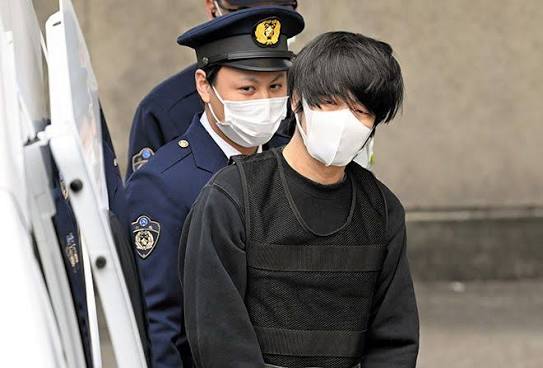
The assassination of Japan's longest serving Prime Minister, Shinzo Abe remains one of the most shocking successful assa...
The Returnee Wave: How a New Generation Is Rewriting the Story of Migration

Everyone knows the story of leaving But what about the story of coming back? Across African cities, a quiet shift is unf...
Niger Delta's Endless Flare is Africa's Methane Crisis

Methane gas changes the atmosphere of the Niger Delta in Nigeria.
Return of the Misfits: The Diaspora's Best Designers Now Build Their Studios in Accra
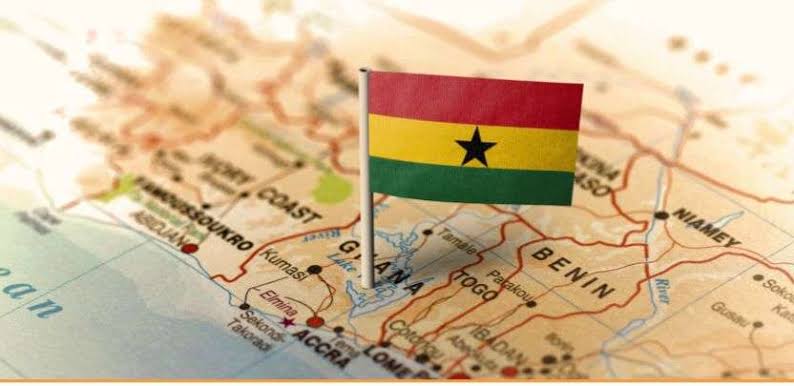
Studios, galleries, and cultural hubs are now springing up all over the streets of Accra, founded by Ghanaian creatives ...
From Lagos to London: How African Churches Are Building a Global Faith Empire
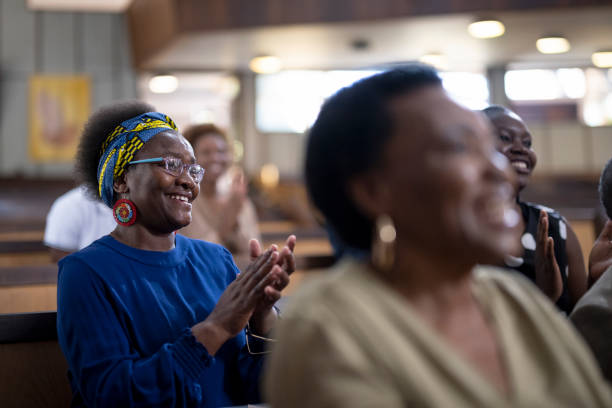
From Lagos to London, African Pentecostal churches are building vast transnational networks of faith, money, and influen...
How Africa’s Diaspora Is Powering the Continent’s Future

Discover how Africa’s diaspora is transforming the continent from brain drain to brain gain through innovation, investme...
Hidden Tax: Remittance Fees Steal the Generosity of the Diaspora

Remittances have become Nigeria's most reliable source of foreign exchange, dwarfing FDI and oil revenue combined
Between Two Flags: Dual Citizenship and the Politics of Loyalty
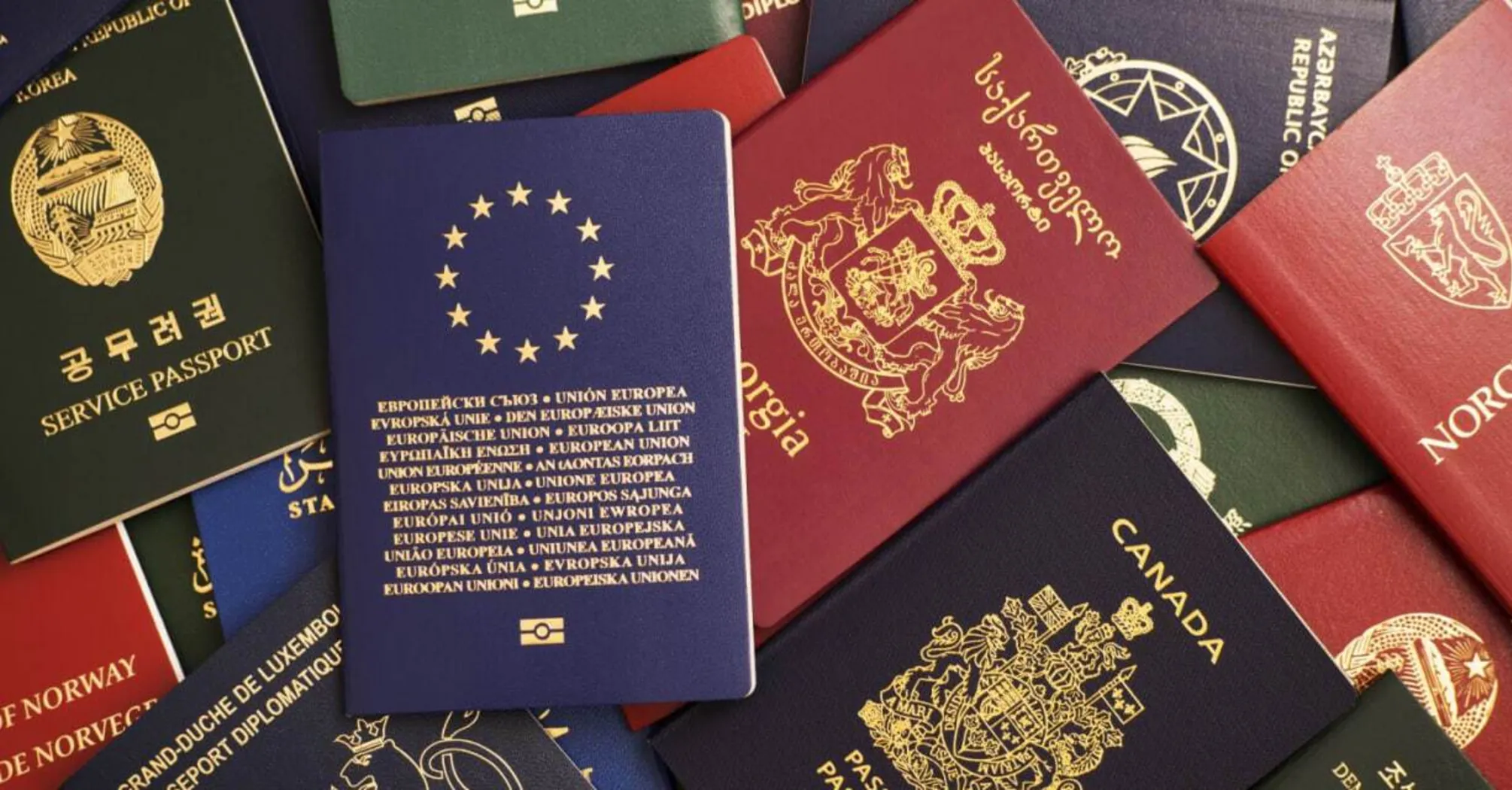
Across Africa, dual citizenship is redefining what it means to belong. As laws evolve and diasporas expand, millions now...



